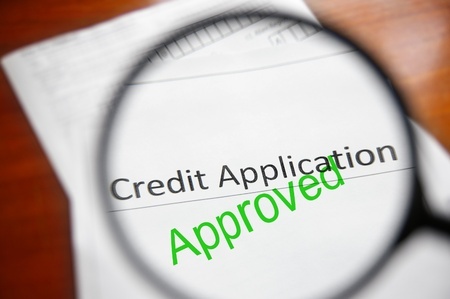Thinking of Buying a Second Home? Assess Your Finances First
 The decision to buy a second home may be made for a number of reasons. For example, you may have a destination where you and your family love to spend free time in, and you may be ready to settle into your own space in this location. You may be considering the tax benefits associated with a second home, and you may even have plans to live in the home as your primary residence after you retire.
The decision to buy a second home may be made for a number of reasons. For example, you may have a destination where you and your family love to spend free time in, and you may be ready to settle into your own space in this location. You may be considering the tax benefits associated with a second home, and you may even have plans to live in the home as your primary residence after you retire.
While there may be numerous benefits associated with the purchase of your second home, you may be concerned about how affordable it will be for you to manage the additional expense of a second mortgage payment.
Consider All Of The New Expenses Related To The Purchase
A second mortgage payment may be a rather major expense to take on, but it is not the only expense related to buying the new property. In order to ensure that the mortgage payment is affordable, you need to ensure that all aspects of secondary home ownership are affordable for you.
For example, consider HOA dues, repairs and maintenance expenses, property taxes, insurance and cleaning or lawn care service since you will not be available to handle these chores on a regular basis. If you can comfortably take on all of these expenses, you may make your purchase with confidence.
Increase Your Emergency Savings Account Balance
While your current budget may easily accommodate the new mortgage payment and the related expenses, the unfortunate truth is that your income or expenses may not remain static in the future. You may suffer from unemployment or a serious illness that reduces your income. You may have extra expenses due to a car accident or severe damage to a home.
These are just a few of the many things that can happen, and it is important that you have an adequate cash reserve in your emergency savings account that allows you to pay for all of your expenses for at least several months. Because your expenses will increase substantially with your new mortgage payment, you may need to increase your emergency savings account balance.
While it can seem intimidating to take on a new mortgage payment and other related household expenses for a second home, you may be able to more comfortably take on this additional expense when you follow these tips. For more information, speak with your mortgage professional to get a quote for your new mortgage payment and interest rate.
 If you are looking to buy a home, you may want to consider shopping for a loan first. Having your financing squared away ahead of time can make it easier to be taken seriously by buyers and help move along the closing process. For those who are looking to get a mortgage soon, keep in mind that the Debt-to-Income ratio of the borrower plays a huge role in the approval of your mortgage application.
If you are looking to buy a home, you may want to consider shopping for a loan first. Having your financing squared away ahead of time can make it easier to be taken seriously by buyers and help move along the closing process. For those who are looking to get a mortgage soon, keep in mind that the Debt-to-Income ratio of the borrower plays a huge role in the approval of your mortgage application. When you apply for a new mortgage, your lender may ask if you want to set up monthly payments or bi-weekly payments. At one time, monthly payments were common, but bi-weekly payments are increasing in popularity. This is because they break a large expense up into two smaller and seemingly more manageable payments. In addition, you can also make what equates to a full extra payment on the mortgage each year with a bi-weekly payment structure. Before you decide which is best for you, consider a few factors.
When you apply for a new mortgage, your lender may ask if you want to set up monthly payments or bi-weekly payments. At one time, monthly payments were common, but bi-weekly payments are increasing in popularity. This is because they break a large expense up into two smaller and seemingly more manageable payments. In addition, you can also make what equates to a full extra payment on the mortgage each year with a bi-weekly payment structure. Before you decide which is best for you, consider a few factors.